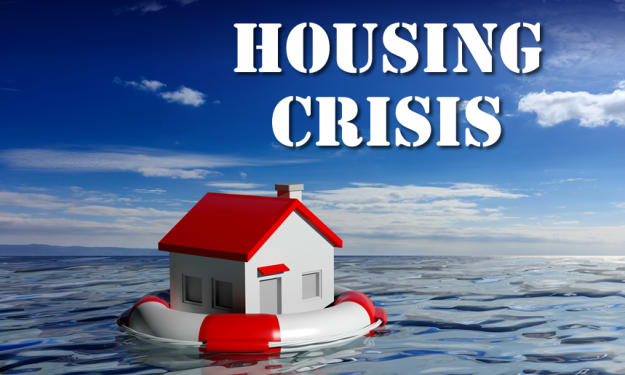
There’s an old joke in the medical industry. “What do you call a Doctor who graduated at the bottom of their class? The answer – a doctor. While funny, this silly statement is sadly becoming more and more relevant to quality of care in the medical community today.
While I can’t speak to other countries, everyone I know in my own personal experience has seen a major decline in treatment and service quality in medical facilities. This is both a local problem here in my adopted home state of North Carolina and across the nation. I’ve heard absolute horror stories from my friends in my original home state of Pennsylvania and in new stories from all over. So while the decline is real and rather obvious, the question is why and what if anything can we do about it?
While it is probably a number of factors that have caused this deterioration, there are some we can pinpoint to likely have had a direct correlation. Most recently, the major contributor is probably what I call the Covid effect.
When Covid hit the US, it changed our relationship with telemedicine. We became too reliant of virtual visits which do not allow for a proper examination and have substituted them in many cases for thorough care. While they may be OK for some things, many problems require more hands on evaluations.
Covid also brought us controversy within the professional medical community. This controversy over proper and effect treatment and prevention options lead to many providers with being blacklisted and fired from their jobs or so discouraged that they left the field on their own. Naturally this reduced the number of available providers making it harder to get care.
Another problem is the ever growing focus on the bottom line. Between insurance companies who seem to dictate what doctors can and cannot do to medical providers rushing people through visits like they were at the drive-through window at a fast food joint, the quality of service has suffered immensely.
Then there is the state of education itself. Colleges and universities no longer prepare people the way they used to. Similar to the medical field, it has become about the bottom line. As a result, we have people getting full degrees in less time using “fast track” style programs. These people than enter medical school unprepared and thus either fail out, decreasing the available providers, or graduate only getting part of what they need.
Don’t get me wrong, there are a lot of good providers out there. The challenge is finding then getting an appointment with them. It is not unusual for people to have to wait months to see someone these days. And in some cases, that wait could be the difference between treating an illness and that illness becoming server or worse.
Personally, I feel like the best doctors aren’t even really doctors per se. I’ve had the best experience with PAs (Physician Assistants) and in terms of mental health, anyone who is not a full blown Psychiatrist. These people tend to take more time with patients and often provide equal or better quality care. They don’t simply push meds on you and shove you out the door.
In addition to these many problems, there are also increasing challenges when it comes to scheduling appointments and billing. A group called Resolve Advocates has found that more than 70 percent of medical bills contain incorrect information.
The big question is, how can we fix these problems, if there is even a way to do so?
A simple idea is to make the care patient-focused again. In terms of how we do that your guess is as good as mine. But the one thing I know for certain is that we have to do something about this and we have to do it fast.
About the Creator
Jason A
Writer, photographer and graphic design enthusiast with a professional background in journalism, poetry, e-books, model photography, portrait photography, arts education and more.






Comments
There are no comments for this story
Be the first to respond and start the conversation.